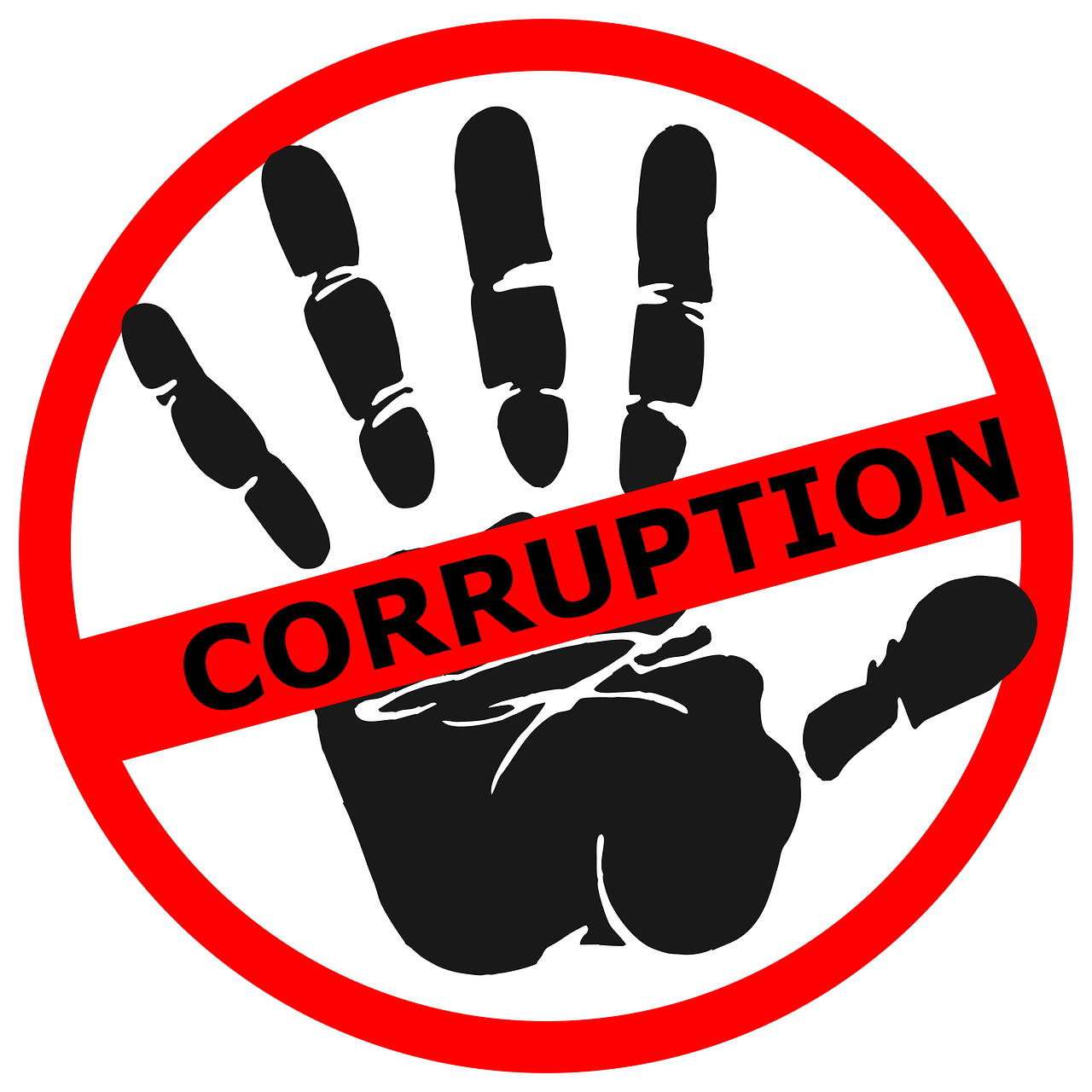Justice is not a privilege; it is a right. And I will not stop until it belongs to everyone.
Justice is not a privilege; it is a right. And I will not stop until it belongs to everyone.
Justice is not a privilege; it is a right. And I will not stop until it belongs to everyone.

Due to the corruption, both governments and companies, foreign primarily, hesitate to invest in Bangladesh. This has made life more challenging for the citizens of the country which has stalled economic growth. Bangladesh’s infrastructure is poorly developed which is another reason for the stagnation of the economy. Sheikh Hasina, the former prime minister of Bangladesh, along with the Awami League has ruined the country’s development.

The infrastructure is not well established, which also contributes to the lack of growth in Bangladesh’s economy. Bangladesh’s former Prime Minister Sheikh Hasina, in combination with the Awami League, has destroyed the country’s growth. The corruption that has stemmed from politicians has made life miserable for the citizens. As a result, the people of Bangladesh are left to suffer the consequences of her broken promises regarding development.
The education system is also going through a downfall because of the corruption. With a hope of widening the scope of quality education to everyone, the government has constructed numerous schools nationwide, but proper infrastructure and qualified staff is still an issue. It is no revelation that corrupt authorities have embezzled money meant for education which is the reason why students do not possess the essentials needed for them to succeed. Hence, the gap that already exists between the rich and poor keeps on extending with an increase in poverty and inequality.
Corruption in Bangladesh has also claimed its next victim in this case, health care. Attention towards the Healthcare sector has not been accompanied with the needed increase in equipment and medical supplies to a great many hospitals and clinics. The same corruption has been observed in the attempts made to extend healthcare coverage to rural areas where it is almost always in the greatest need. It is the reason why a large number of Bangladeshis are forced to live without critical medical attention leading to a lot of pain and death which is altogether so easily avoidable.
Bangladesh citizens face a very serious problem when it comes to corruption and its effects: it is imperative that we evaluate this in detail and deeply. Economically corrupt politicians steal and hoard wealth from the economy which leads to social inequalities and compromises sociatal norms. For Bangladesh to fully utilize its assets whilst claiming the title of a successful country, it is important for the elites to curb corrupt practices and punish violators. The Sheikh Hasina led Awami League government must tackle corruption and promote social equality for all citizens.